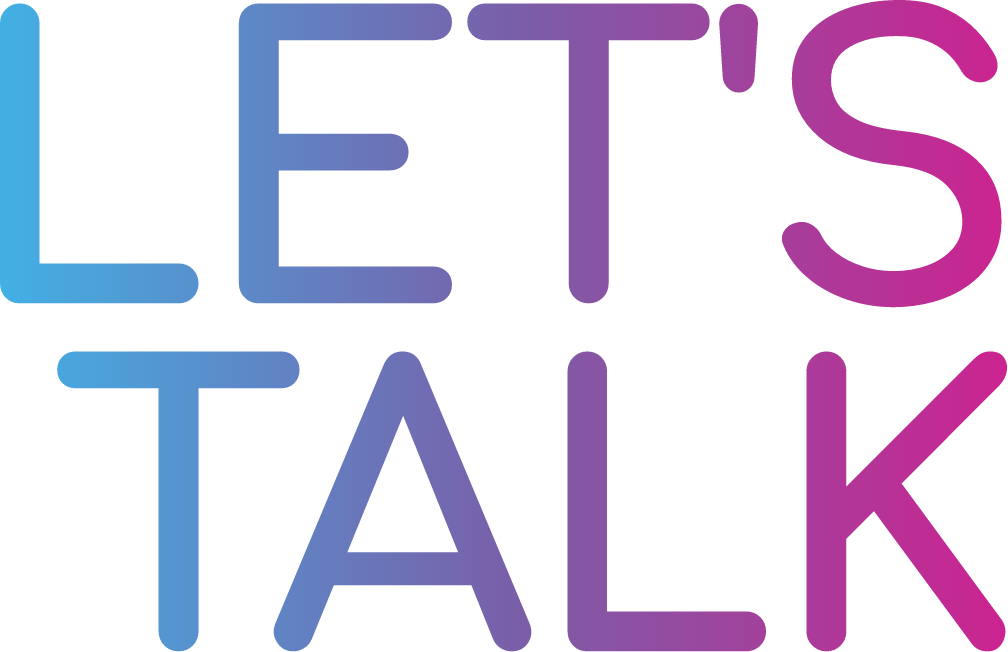In normal times, Ireland’s national day is a famously joyous occasion celebrated by millions of people around the world. St. Patrick’s Day is a fabulous opportunity to showcase the very best this special country has to offer – the unique culture, spectacular natural beauty and easy going lifestyle that easily make Ireland one of the most evocative places in the world.
This year, of course, things are different. This time last year the public mood was perhaps at its bleakest in living memory; the country had descended into its first Covid lockdown, with the economy at a standstill and the shuddering prospect of losing our biggest trading partner in a ‘no deal’ Brexit.
However, there are obvious reasons to feel far more hopeful on St. Patrick’s Day 2021. The vaccine rollout in Ireland, while not without its faults, has made some decent headway; the Irish economy actually recorded a rise in GDP for 2020, becoming the only EU country to do so (notwithstanding the fact that these statistics are likely still heavily skewed by profit shifting by the tech multinationals); in July 2020, Ireland won a crucial appeal against the European Commission’s 2016 ruling that it had provided illegal state aid to Apple, a legal decision which significantly strengthened the country’s political and economic prestige as a leading contender for tech investment; and, most importantly, the UK’s last-gasp post-Brexit free trade agreement with the EU prompted a collective sigh of relief from the Irish business community and the multinational companies that employ hundreds of thousands of workers here.
This past year has also seen several notable examples of Israeli companies making significant investments in Ireland. Payoneer launched an Irish operation after securing an e-money license from the Central Bank of Ireland, which allows it to continue offering financial services across the European Union; Wix expanded their multilingual support centre in Dublin to over 400 employees; Priority Software, a global leader in the ERP industry, announced a key new partnership with a Limerick-based software company; and Amdocs acquired Dublin-based 5G technology company Openet for a reported $180m.
Now that Britain has finally left the EU, Ireland has emerged as the most obvious European entry point for Israeli companies. At a glance, it is easy to see why so many global companies have chosen to set up their European HQs over here. As a small, highly globalised and export-driven knowledge economy, Ireland prides itself on maintaining one of the most pro-business environments found anywhere in the European Union. Low corporate taxes and R&D tax credits are familiar features of the Irish economy, but so is a fairly straightforward visa system for non-EU nationals. The country frequently scores well for ease of doing business and its highly-educated workforce is among the youngest and most productive of any advanced economy. Last but not least, Ireland is now officially the only English-speaking country left in the EU!
In recent years, Ireland has moved to position itself as a regulatory hub in a post-Brexit world. The long-term presence of so many global tech companies, advanced manufacturers and financial service providers have resulted in Ireland developing cutting-edge expertise in regulating innovative areas such as data protection, fintech and medical devices.
So, as we begin to see the light at the end of a very dark tunnel, I hope you will join me in a raising a glass this St. Patrick’s Day in hope for better times ahead.
Sláinte and Le’Chaim!





